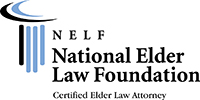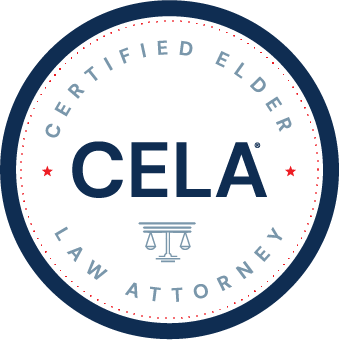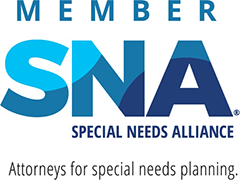Firm News
High Expectations of PI Attorneys When Advising Clients During Settlement
A recent case from Louisiana illustrates the high expectations that the personal injury attorney must live up to when advising clients regarding settlements. In the recent case of Jones v. ABC Ins. Co., 2013 WL 6504323 (La.App. 5 Cir. Dec. 12. 2013), Plaintiff, individually and on behalf of her minor daughter, filed a legal malpractice action against two law firms that represented them in settlement of a medical malpractice and products liability action for injuries related to the minor daughter’s heart surgery. Plaintiff and her ex-husband entered into an aggregate settlement for all claims for $8,250,000. The trial court later required a third party trustee to administer a trust for the daughter’s needs. The trial court also allocated to the Plaintiff $65,000 for loss of consortium but denied her individual claims for medical expenses, mental anguish (a claim allowed in Louisiana), and lost wages. The mother initiated malpractice claims against her attorneys, claiming that her counsel (she hired and fired a number of attorneys) did not inform her of how the settlement would be allocated and did not inform her that a third party trustee would be used to manage her daughter’s trust; she took issue that trustee’s fees would be deducted from the settlement funds used to establish the trust.
The Defendants produced deposition testimony from the mother indicating that Defendants had advised her that an allocation would be necessary later. The Defendants also produced evidence that they had indeed referred the Plaintiff to another attorney to discuss management of the funds before settlement. Unfortunately, there was no discussion of using a trust to manage settlement, and the cost to administer the trust with this other attorney until after settlement.
While the Defendants presented strong evidence to show that they had acted with care and obtained informed consent to settle from the Plaintiff, the Court found that there was enough evidence to remand both issues to the trial court. The case seems to suggest that all settlement allocations should be decided, at least in theory, when negotiating an aggregate settlement. The case also suggests that referring a client to an attorney focusing on trusts for disabled beneficiaries is not enough, but that the personal injury attorney should seek direction and a concrete plan about asset management from a qualified attorney before entering into settlement.
We can help personal injury attorneys in discharging the great responsibility of protecting a client’s proceeds. We frequently consult with attorneys who are in the midst of settling a case; in addition to providing responsive service in drafting and executing trusts. Also, we provide education concerning settlement preservation options to the beneficiary and the personal injury attorney, and provide written opinions concerning options to preserve settlement proceeds.












